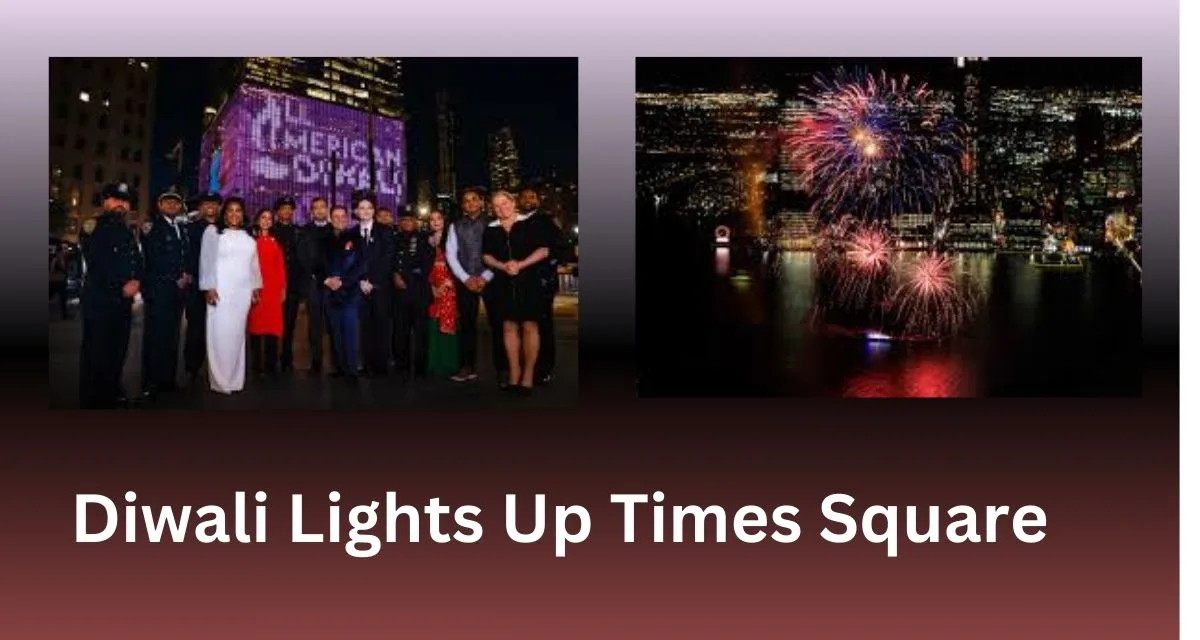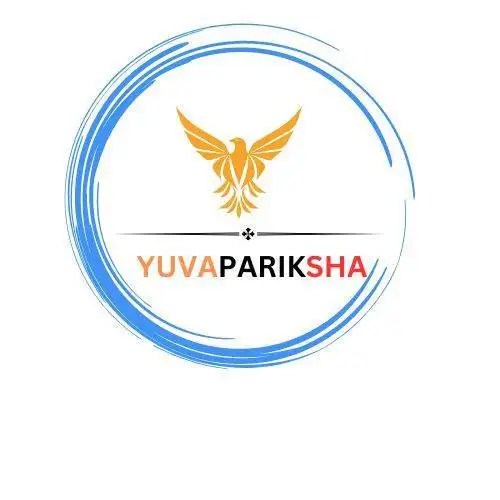Diwali, the Hindu festival of lights, once again illuminated Times Square in New York City, marking a grand celebration of cultural unity and diversity. The vibrant event, which has been held annually since 2013, saw members of the Indian community, along with numerous American citizens, gather to partake in the festivities. This year’s celebration comes at a pivotal moment, just ahead of the upcoming US elections, serving not only as a joyful occasion but also a reminder of the strong presence and influence of South Asian communities in the country.
The event showcased an array of performances from different cultural groups, adding color and energy to the night. Among the dignitaries in attendance were New York City Mayor Eric Adams, New York State Assemblywoman Jennifer Rajkumar, US Senator Chuck Schumer, and Binaya Pradhan, the Consul General of India in New York. Assemblywoman Rajkumar, a key advocate for recognizing Diwali as an official school holiday in New York, has long been a vocal supporter of the South Asian community and its contributions to American society.
Mayor Adams took to social media, using X (formerly Twitter), to express his joy at being part of the celebration. “Proud to be with our Hindu brothers and sisters today for the annual Diwali at Times Square celebration as we push away the darkness and welcome in light all across our city,” he wrote, highlighting the festival’s symbolic message of triumph over darkness and adversity.
In addition to Mayor Adams’ comments, the official account of the Consulate General of India in New York shared photos of the dazzling celebration, capturing the joy and excitement of the evening. The founder of Diwali at Times Square, Neeta Bhasin, was a key figure in organizing the event. Under her leadership, the celebration culminated with the ceremonial lighting of diyas (traditional oil lamps), a powerful symbol of hope, renewal, and the victory of good over evil.
Since its inception in 2013, Diwali at Times Square has grown into a major cultural event, attracting people of all backgrounds to experience the festival’s core values of unity, peace, and goodwill. For many attendees, the festival provides an opportunity to reconnect with their heritage while also sharing the richness of Indian culture with the broader community.
Last year, the city of New York made history by officially recognizing Diwali as a school holiday, following efforts by Assemblywoman Rajkumar and other advocates. This recognition was a significant milestone for the Indian community, which is one of the largest immigrant groups in the US. According to recent reports, there are approximately 4.4 million people of Indian origin living in the US, making them the third-largest Asian ethnic group in the country. Major metropolitan areas such as New York, San Francisco, and Chicago have some of the highest concentrations of Indian Americans, further highlighting the community’s significant presence and impact.
While the Diwali celebration in Times Square was one of the most prominent, it was not the only one in the United States. In Pennsylvania, the Indian Consulate organized another event to mark the festival. Deputy Consul General Varun Jeph joined the Khalsa Asian American Association in celebrating Diwali alongside members of the Indian and Asian American communities. The festivities in Pennsylvania, like those in New York, emphasized the festival’s role in fostering unity and cultural exchange.
Despite these joyous celebrations, the recent experiences of South Asians in the US have not been without challenges. A report from the Asian American Pacific Islander (AAPI) community, as covered by Reuters, highlighted concerning levels of hate and discrimination faced by South Asians ahead of the 2024 elections. The report revealed that these incidents are not limited to ordinary citizens but also affect prominent figures such as Vice President Kamala Harris and Usha Vance, underscoring the ongoing struggles many in the community face.
In light of this, events like Diwali at Times Square take on an even greater significance. They not only celebrate cultural heritage but also serve as powerful reminders of the resilience and unity of South Asian communities. By bringing together people of diverse backgrounds, these celebrations help bridge divides and promote mutual understanding in an increasingly polarized society.
Last year, Indian Prime Minister Narendra Modi sent a video message to the Diwali attendees, emphasizing the festival’s universal themes of unity and goodwill. He spoke of Diwali’s role in reminding people of the triumph of good over evil and the importance of knowledge over ignorance. The Prime Minister also highlighted the significant contributions of the Indian diaspora in the US, referring to them as a “living bridge” that connects the two nations. Modi’s message resonated with many in the community, further strengthening the bonds between India and the United States.
As Diwali falls on November 1st this year, celebrations are expected to continue across the country. From New York to California, the festival of lights will bring together families and communities to share in its timeless message of hope, renewal, and unity. In a world that often feels divided, Diwali remains a beacon of light, reminding us all of the importance of coming together in the spirit of peace and understanding.
In conclusion, the Diwali celebration at Times Square serves as a vibrant testament to the enduring power of cultural exchange and community. As the festival continues to grow in prominence across the US, it not only brings joy to those who celebrate it but also helps foster greater awareness and appreciation of South Asian traditions. At a time when many communities face increasing challenges, events like Diwali offer a chance to reflect on the values that unite us and the power of light to overcome darkness.
You May Also Like!
- Aakash Chopra Reacts to BCCI’s New Rule Requiring Players to Travel Together for Matches and Practice
- FCI Salary Structure 2025 , Benefits, and Career Growth Opportunities
- Exciting Opportunity, FCI Recruitment 2025 Offers 33,566 Government Jobs with High Salaries
- SSC JE Recruitment 2025, Apply Online for 1701 Vacancies Online
- AP Police Constable 2024 Admit Card Released, Download PDF Now



